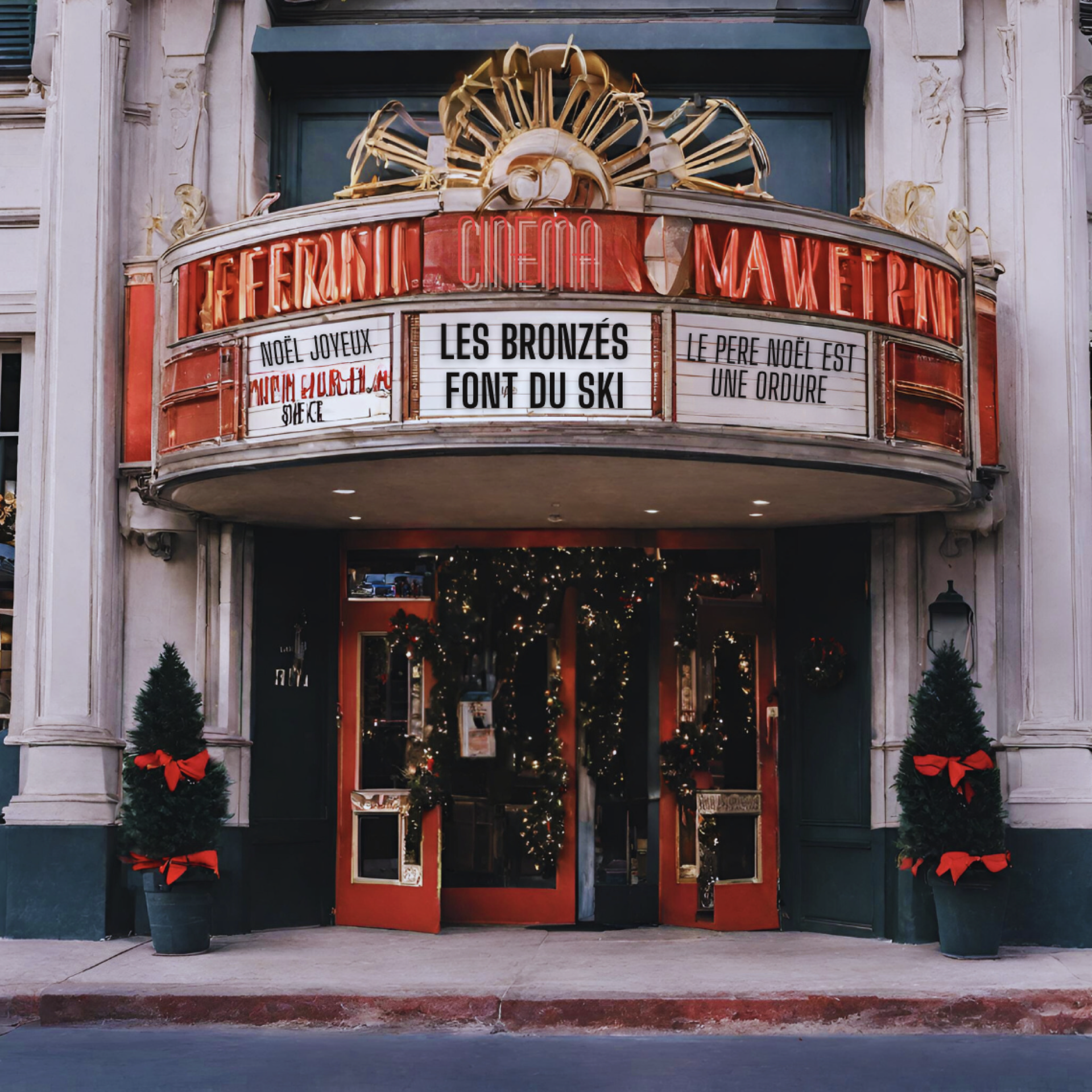We’re continuing to explore the rich world of French slang by diving into the second part of our argot alphabet. While we’ve included the letter “W” on our list, we’ve left out the letters U and X. Very, very few slang words in French begin with them. We thought about cheating by using the French acronym “xptdr,” which means “explosé de rire” (exploding from laughter), but we’ll save it for another article about French text messages!
In case you missed the first part of our slang alphabet, make sure you check it out here. We explain what “verlan”–an awesome aspect of French–is, and we also walk you through a few other basic concepts about l’argot.
By Sophia Millman
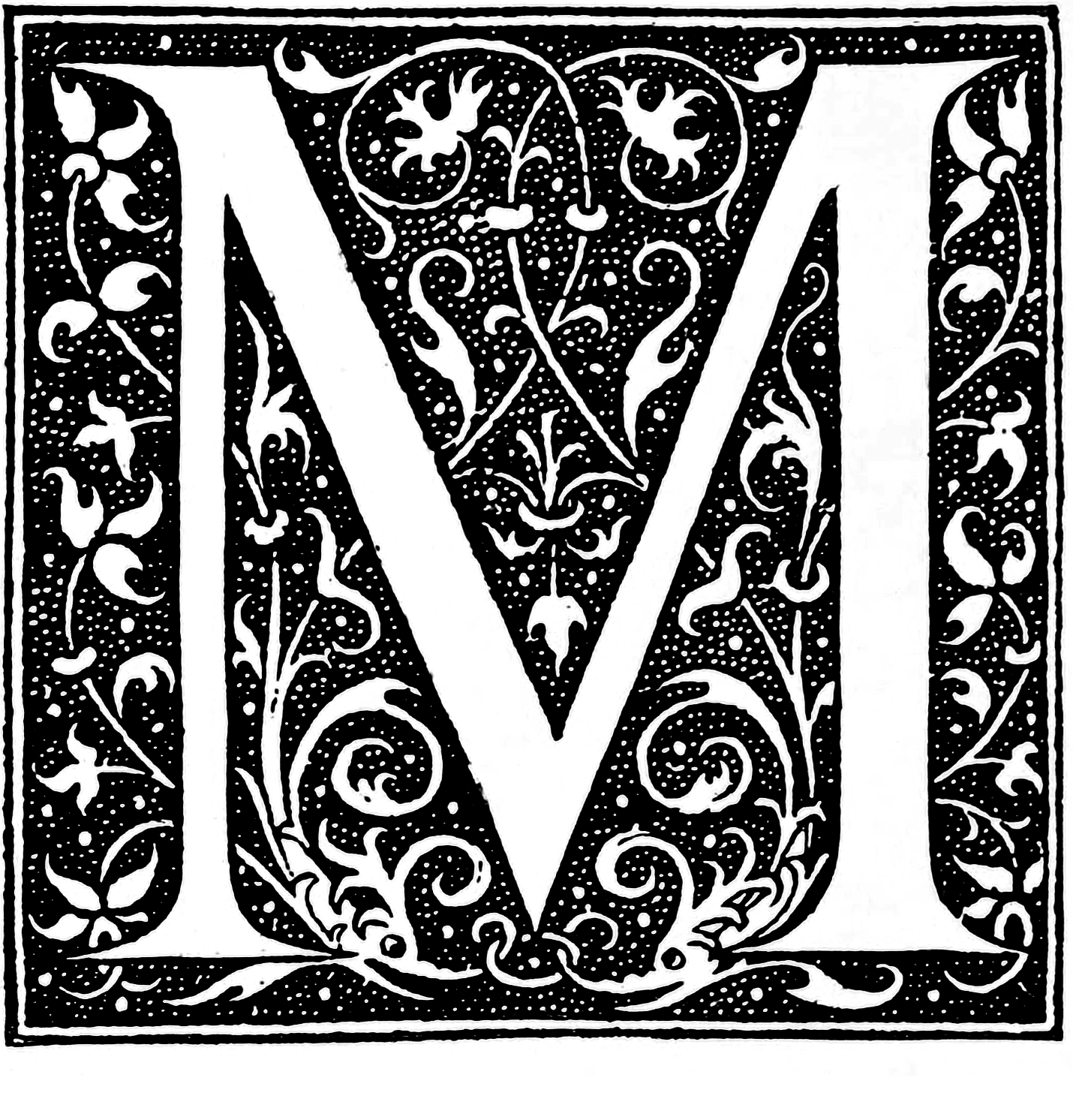

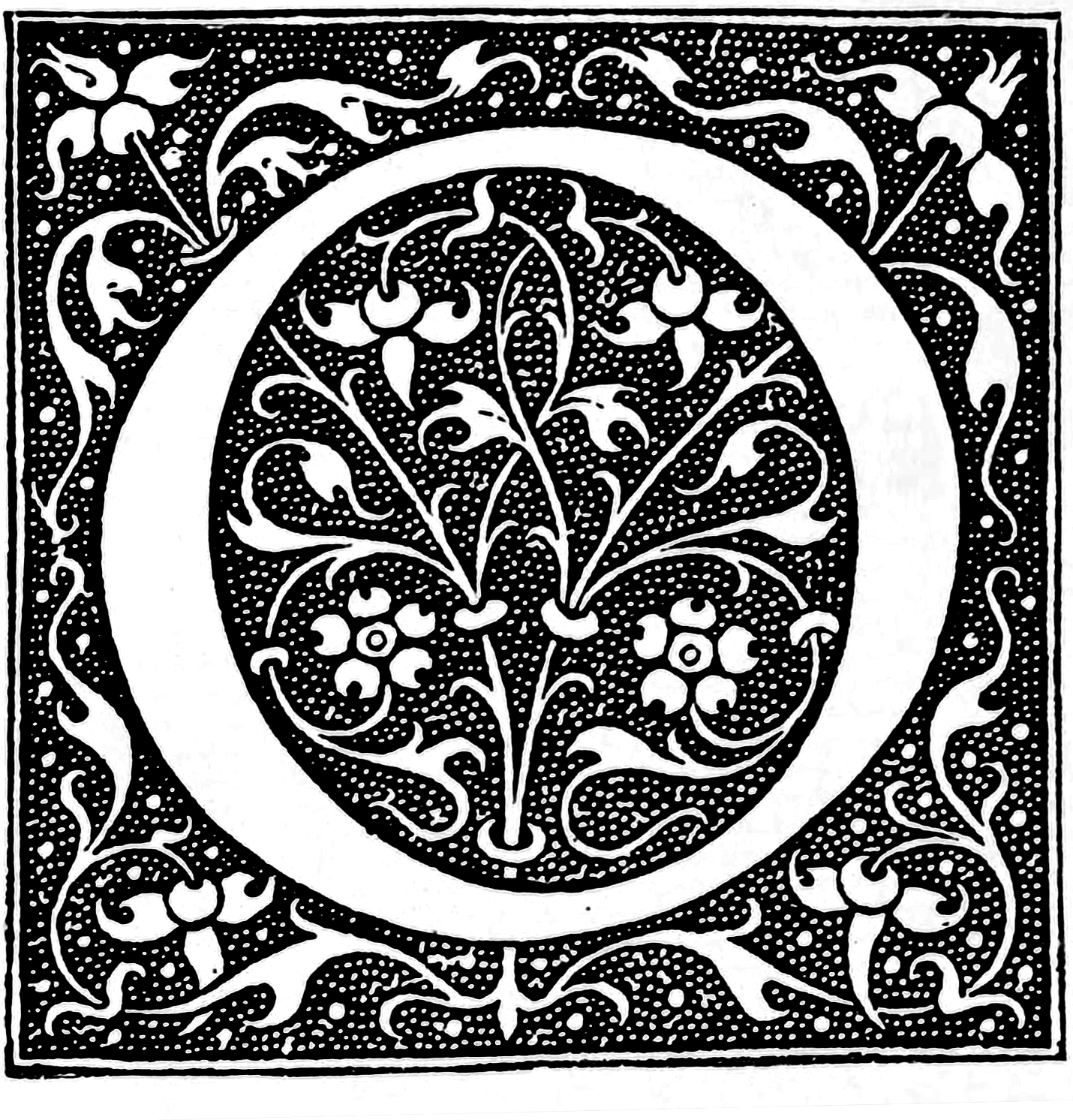
- MDR: This French acronym is extremely common. It stands for “mort de rire” (literally: “dead from laughing”). It’s the French equivalent of “lmao” and you should use it when you text a French friend who says something really funny. You can also say, “JPP” in French, which stands for “J’en peux plus” (“I can’t”), when you think something’s funny or crazy. Stay tuned for another article about texting in French! Note: Saying “MDR” out loud is like saying, “LOL” during a conversation–it’s not something you want to make a habit out of.
- Naze: This adjective originally referred to people suffering from syphilis. Today, it’s used to describe something that’s worthless, pointless, or lame. It’s very similar to the French word “nul.” For instance, if you ask your friend how the movie she saw last night was, she might say, “Laisse tomber ! C’était naze” (“Don’t even ask, it was so bad”).
- Ouf: This is the word “fou” (crazy) spelled backwards. Like the word “crazy,” “ouf” can have either a positive or negative connotation. For instance, you will commonly hear French people describe something that’s crazy-good as “un truc de ouf.” For example: “T’as senti le tremblement de terre la nuit dernière ? C’était un truc de ouf !” (“Did you feel the earthquake last night ? It was crazy!”). The word “truc” (thing) is commonly paired with “ouf.” In fact, the phrase “un truc de ouf” has become so common in France that you’ll see it in newspaper headlines and there are even radio shows and podcasts called “Un truc de ouf.”
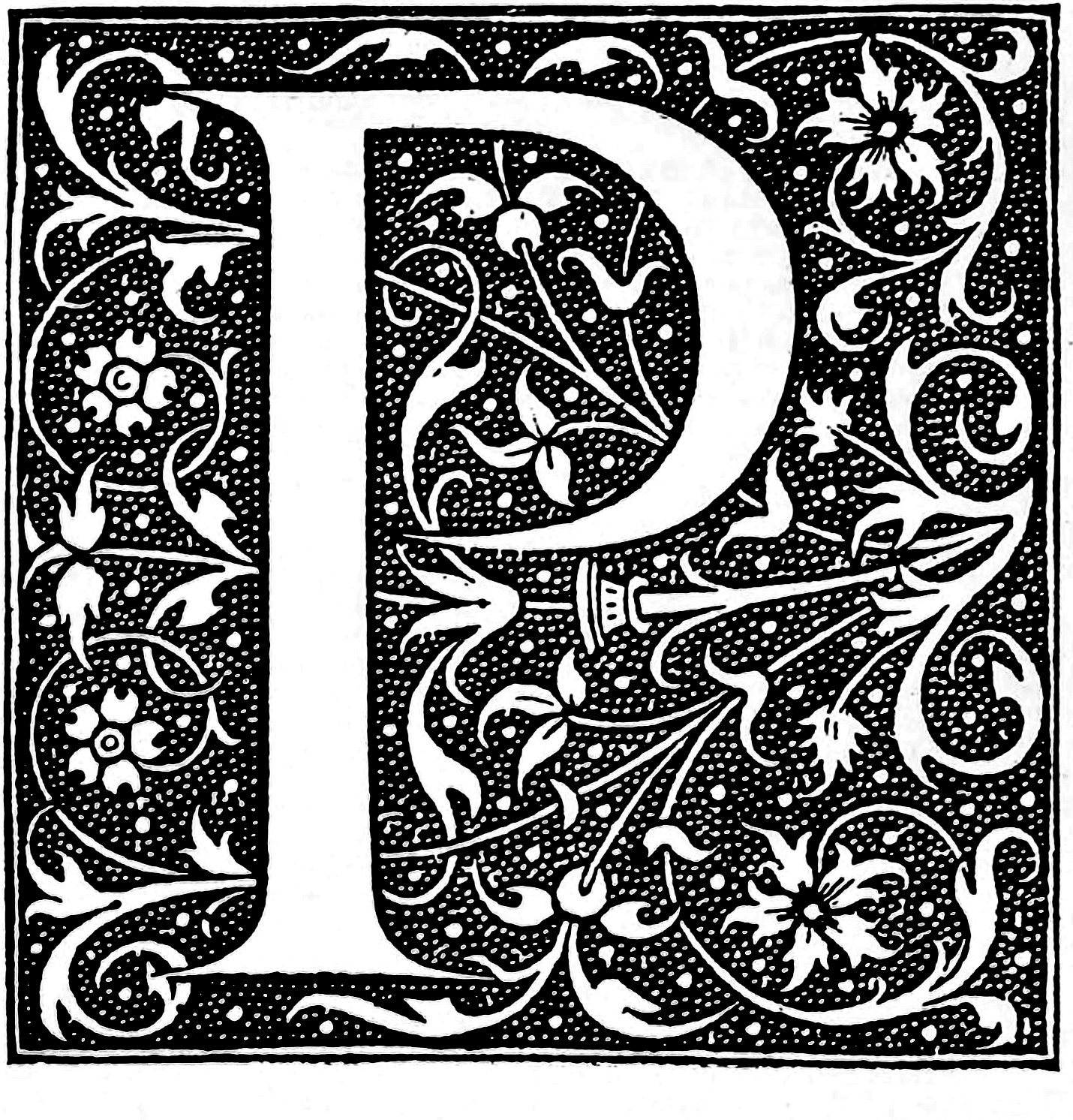
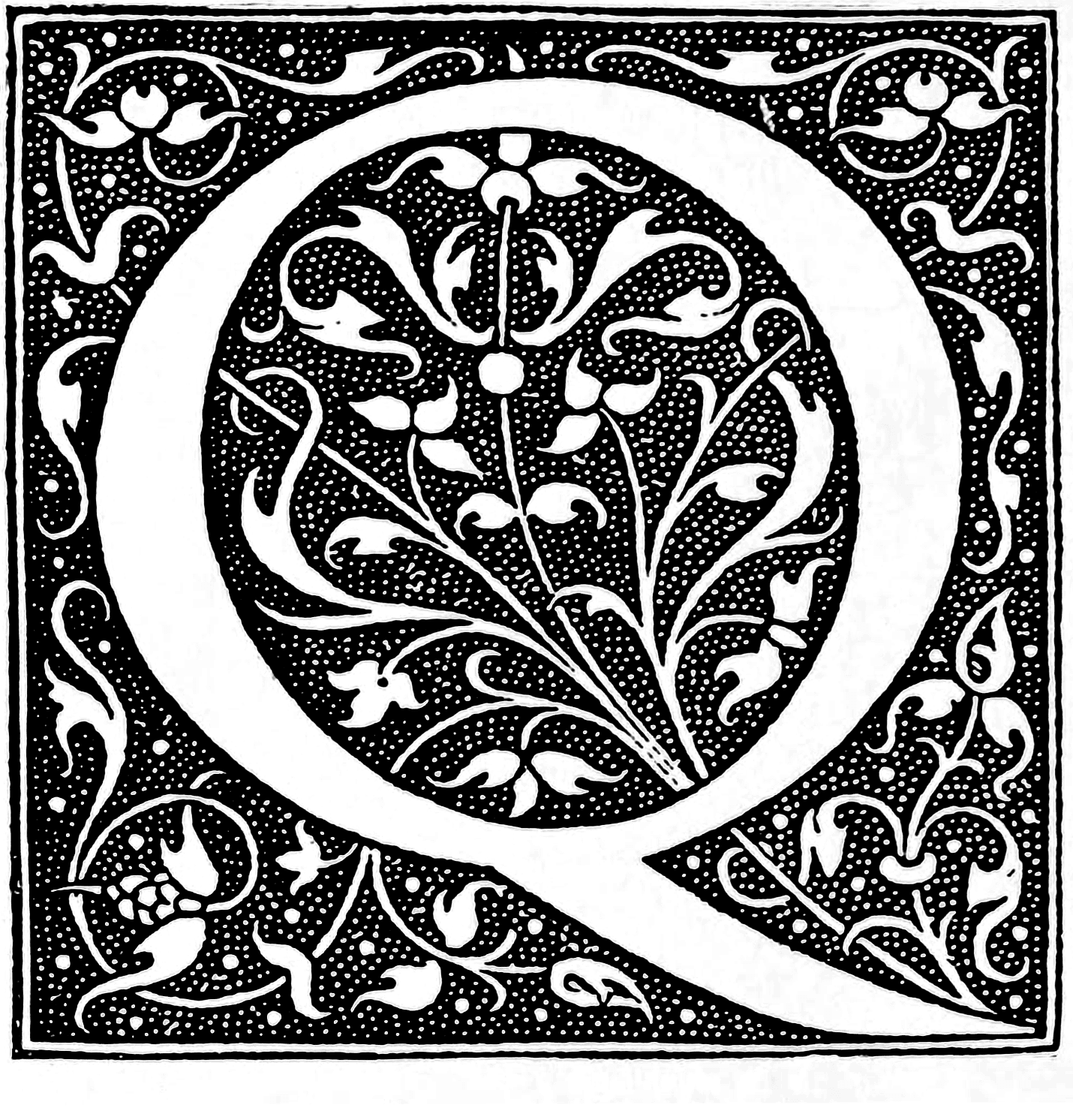

- Pote: The slang equivalent of “ami(e)” (friend), this word became popular in 1950s France. You might also hear the more old-fashioned sounding “poto” (a male friend). American equivalents are buddy, pal, and bro; British equivalents would be mate or chum. Note that the word’s spelling does not change for men and women: ma pote (my gal friend) / mon pote (my guy friend).
- Que dalle: This means “nothing at all”: nada, zero, zilch, etc. For instance, if something’s a bargain, you might say, “Ça coûte que dalle” (“It costs nothing.”) Note: Don’t confuse this expression with “J’ai la dalle,” which means “I’m starving.”
- Relou: This verlan word is both a noun and adjective. It describes something or someone who is really annoying. If someone keeps pestering you with questions, for instance you might say, “T’es relou !” (“You’re being a real drag.”)
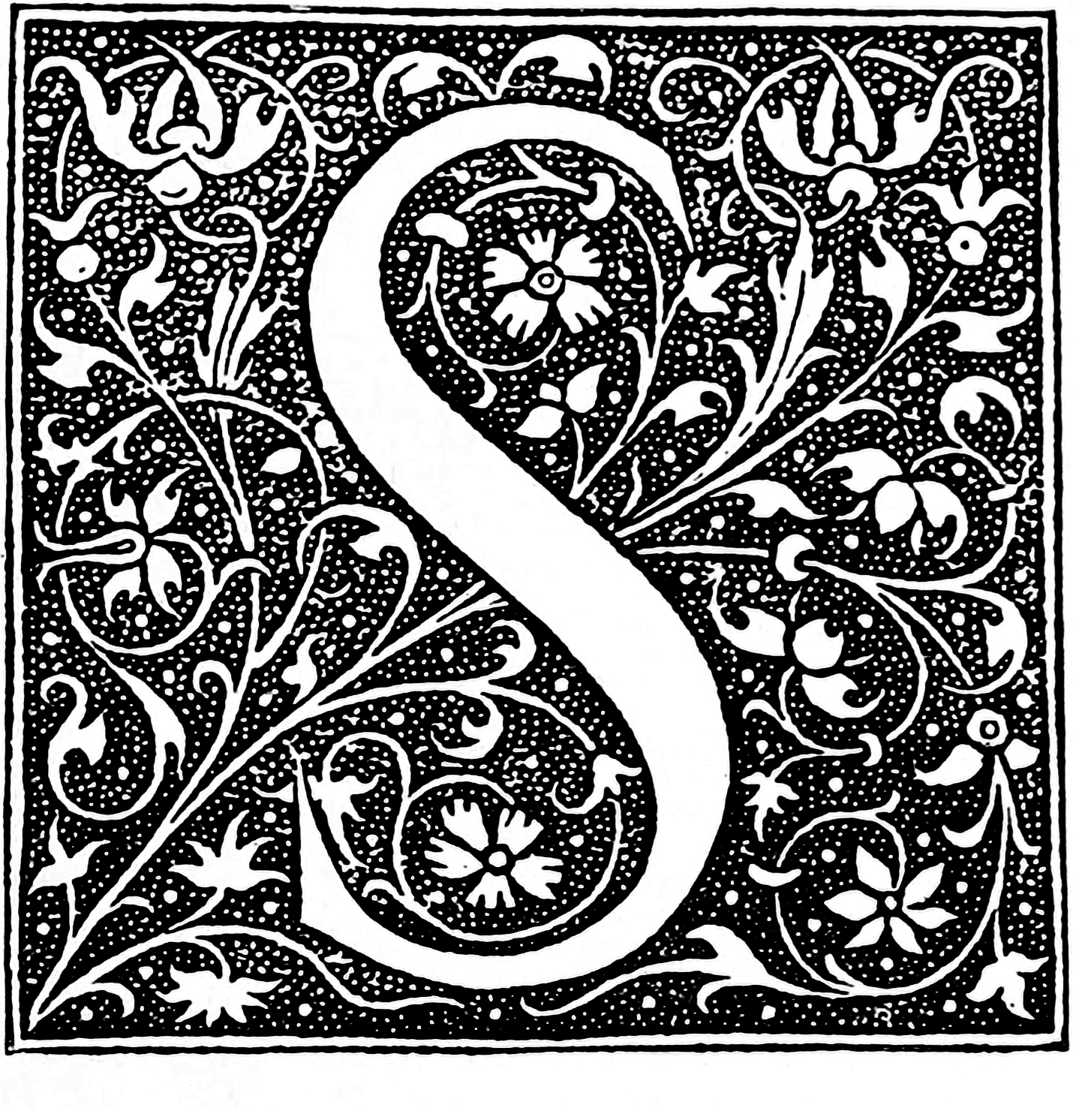
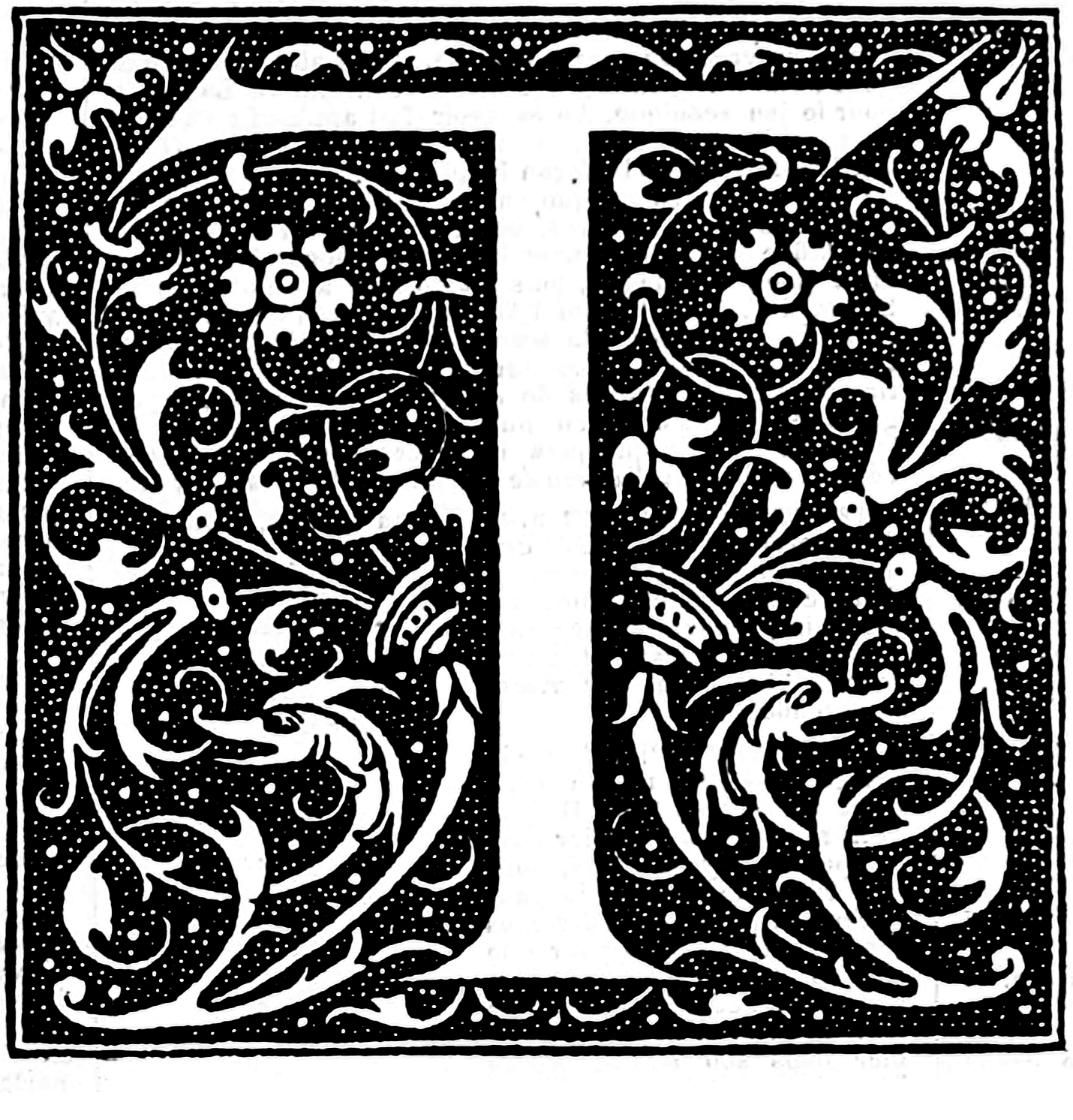
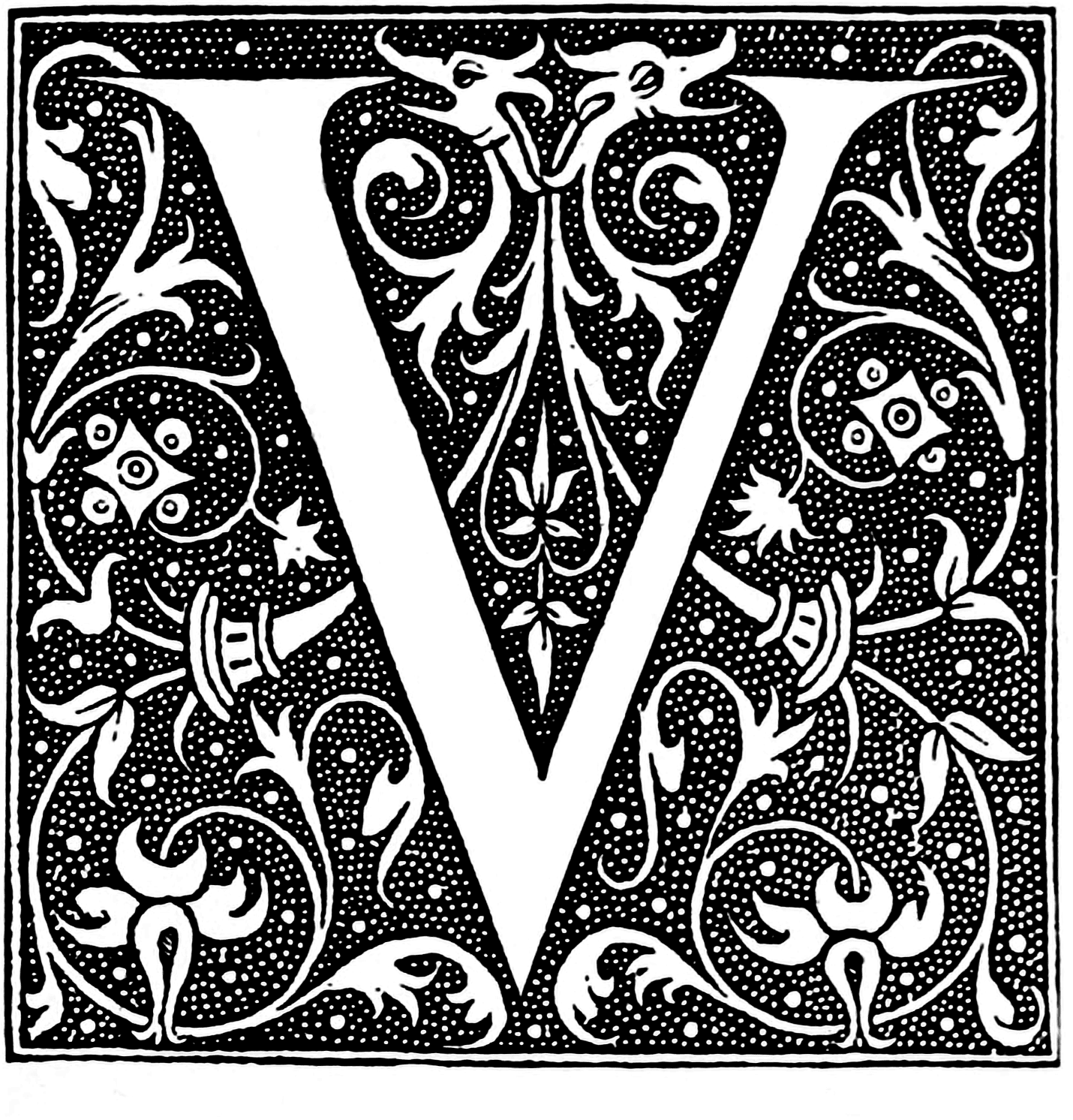
- Seum: This slang term is a relatively recent addition to the French language. It comes from the word for venom in Arabic and is used to describe frustration or disgust. “J’ai le seum” means “I’m gutted” in British English or “I’m so bummed out” in American English.
- Teuf: A verlan form of “fête” (party), teuf became popular in the 1990s, during the techno wave. (“Un teufeur” is a raver!) Une teuf can refer to a relatively small party or huge gathering, where there will generally be music and dancing. While you can say: “On va à une teuf ce soir” (“We’re going to a party/shindig/bash tonight”), it’s much more common to use the phrase faire la teuf. “On va faire la teuf” means “We’re going to party.” Note that the word is feminine since la fête is also feminine.
- Vénère: A verlan term, vénère is derived from the adjective “énervé” (angry or annoyed). It describes someone who is extremely angry, irritated, or agitated. For example: “Il est vénère aujourd’hui” means “He’s really angry today.” In American slang, similar expressions might include “pissed off” or “fuming.” Another more old-school French slang word that you can use when you’re in a bad mood is “furax” (furious)!
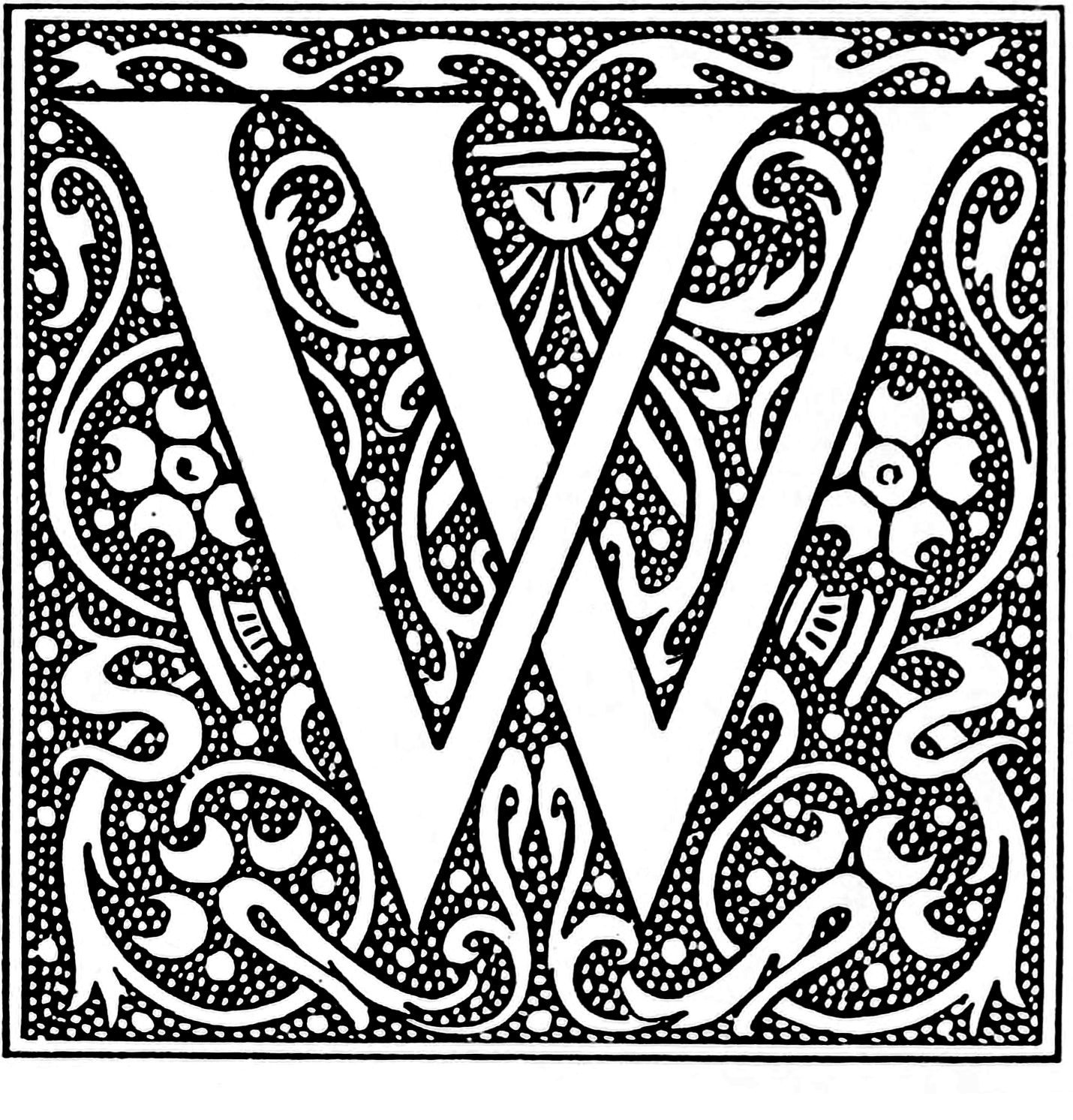
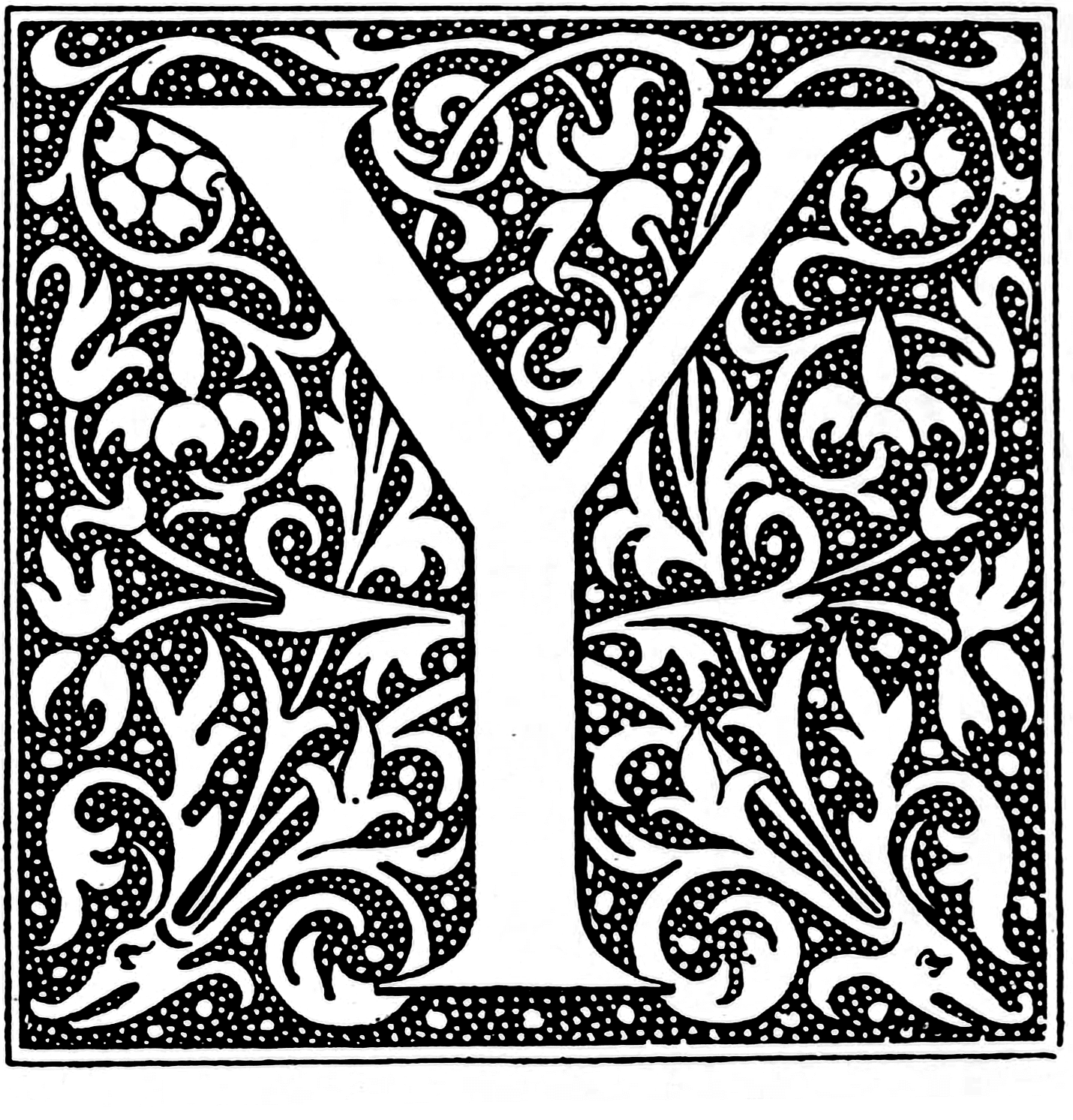

- Wesh: This slang term, which sounds like how it’s spelled, comes from the Arabic word “واش” and usually means “what’s up?” American equivalents include “hey” and “’sup.” You might also see “wesh” spelled as “ouèche.” Wesh can also be used to express annoyance, as in: “Wesh c’est quoi ce bordel ?” (“Ugh, what’s up with that?!”) Check out this French rap song for another example!
- Y’a: You may have learned that “il y a” means “there is” and “there are” in French. But just as Americans shorten “there is” to “there’s,” the French tend to shorten the three-syllabic “il y a” into one word: “y’a.” It’s pronounced EE-YAH. A good expression to know is “Y’a pas de soucis” (the equivalent of “no worries,” “it’s cool,” or “it’s all good”).
- Zouz: Rhymes with snooze! A slang term for an attractive girl or girlfriend, “une zouz” is commonly used among younger generations in France. American and British equivalents include “babe” or “hottie.” Male equivalents of zouz are “mec” and “keum.” Practice your French by reading or listening to this recent article about slang words for friends and lovers.
